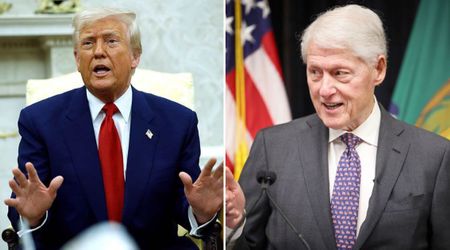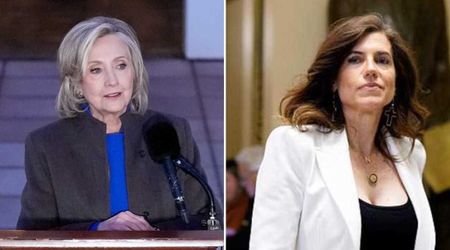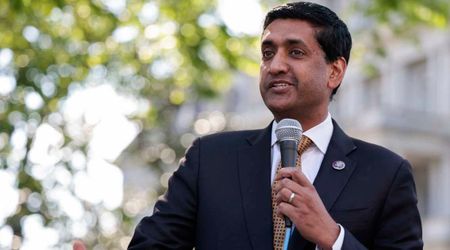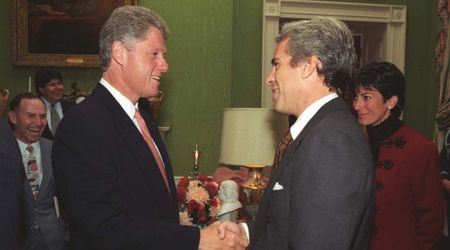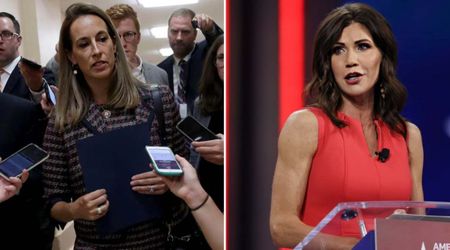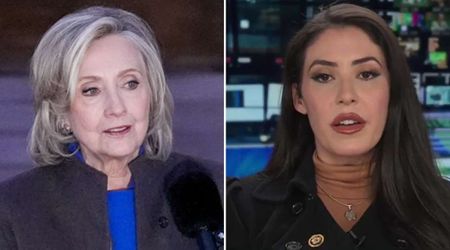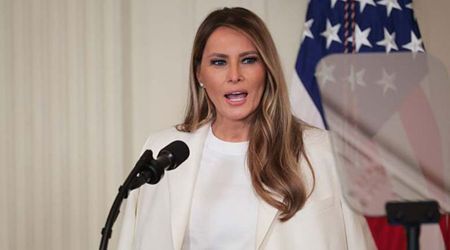Judge Tanya Chutkan rejects Trump’s motion to dismiss election subversion case despite SCOTUS ruling

WASHINGTON, DC: US District Judge Tanya Chutkan rejected former president Donald Trump’s effort to dismiss the indictment against him in the election subversion case on Saturday, August 3.
Trump's defense team argued that the prosecution was vindictive and politically motivated. However, Judge Chutkan found no basis for dismissing the case — marking the first major ruling since the Supreme Court's landmark decision affecting the case.

Donal Trump's defense team's arguments
Donald Trump's lawyers claimed that the prosecution was politically driven, targeting their client while other individuals who challenged election results faced no criminal charges.
They contended that President Joe Biden and the Justice Department were attempting to prevent Trump, the 2024 Republican nominee, from winning reelection.
Judge Chutkan dismissed these arguments, stating that Trump was not prosecuted merely for challenging the election results. Instead, the indictment charges him with “knowingly making false statements in furtherance of criminal conspiracies and for obstruction of election certification proceedings".
She insisted that the defense misinterpreted media articles used to support their claims of political bias.
In her order, Chutkan wrote, “After reviewing Defendant’s evidence and arguments, the court cannot conclude that he has carried his burden to establish either actual vindictiveness or the presumption of it, and so finds no basis for dismissing this case on those grounds.”
Judge Chutkan scheduled a status conference for August 16 to discuss the case's next steps. The four-count indictment, filed in August 2023, accuses Trump of conspiring to overturn the 2020 election results through various schemes, including pressuring then-vice president Mike Pence to block the certification of electoral votes.
Supreme Court’s impact on Donald Trump's election subversion case
Donald Trump’s lawyers argued that he was immune from prosecution as a former president, causing the case to be on hold since December.
The Supreme Court, in a 6-3 opinion, ruled that former presidents have absolute immunity for core constitutional duties and are generally immune from prosecution for official acts.
This decision sent the case back to Judge Chutkan to determine which acts in the indictment could remain part of the prosecution and which must be excluded, the New York Post reported.
Judge Chutkan must now assess whether Trump's alleged actions, such as organizing false electors and urging supporters to gather in Washington on January 6, are official or unofficial acts.
Chief Justice Roberts noted that protections from prosecution “may depend on the content of context” of the allegations, instructing Chutkan to “carefully analyze the indictment's remaining allegations to determine whether they too involve conduct for which a president must be immune from prosecution.”
Chutkan previously ceded control of Trump’s case to higher courts after rejecting his claim of absolute presidential immunity in December 2023, asserting that presidents do not have a “lifelong ‘get-out-of-jail-free’ pass” after leaving office. Trump’s appeal led to an eight-month delay in the proceedings.
Election timeline and legal proceedings against Donald Trump
Judge Chutkan is now overseeing the case as the 2024 election approaches, though a trial is unlikely before Election Day on November 5. The Justice Department has stated there are no legal barriers to continuing the case during the election season.
Chutkan emphasized that “politics stops at this courtroom door.”
The Supreme Court limited prosecutors' use of a federal charge brought against many January 6 rioters. Trump faces charges of obstruction of an official proceeding and conspiracy to obstruct an official proceeding, but special counsel Jack Smith’s team argued the legal framework does not apply to Trump’s indictment.
Trump may still seek to have these charges dismissed based on the Supreme Court’s decision, though success is uncertain.
While the 2020 election-related case against Trump moves forward, another prosecution by Jack Smith was dismissed in Florida by US District Judge Aileen Cannon. She found that Smith was not legally appointed as special counsel.
Smith has appealed this ruling, with litigation set to continue later this month. This successful challenge could impact the case in Chutkan’s court, CBS News reported.

